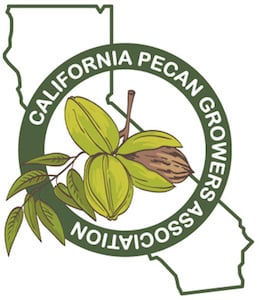Blue Cheese Ball with Pecans
In a medium bowl beat cream cheese until soft and creamy.
Add blue cheese and onions. Beat until well blended.
Shape mixture into ball; roll in pecans, refrigerate until serving time.
Serve with assorted crackers.
Bola de queso azul con nueces pecán
En un bol mediano batir el queso crema hasta que esté suave y cremoso. Añadir el queso azul y las cebollas. Batir hasta que esté bien mezclado. Dar forma a la mezcla en bola; enrollar en nueces pecán, refrigerar hasta la hora de servir. Servir con galletas variadas.
Cheese with Pecan Topping
Preheat oven to 350°F.
Place cheese on a baking sheet; bake until soft, 15 to 20 minutes.
Let cool.
Toasted Pecans:
Place pecans on a baking sheet.
Bake at 350°F until toasted approximately 7 to 10 minutes.
Place nuts over cheese.
Sauce:
In a small sauce pan add brown sugar, cream and butter.
Stir over low heat when sugar is dissolved then increase heat slightly and bring sauce to a low boil.
Cook 5 min. longer. Cool to room temperature – sauce will thicken.
Drizzle sauce over nuts and cheese.
